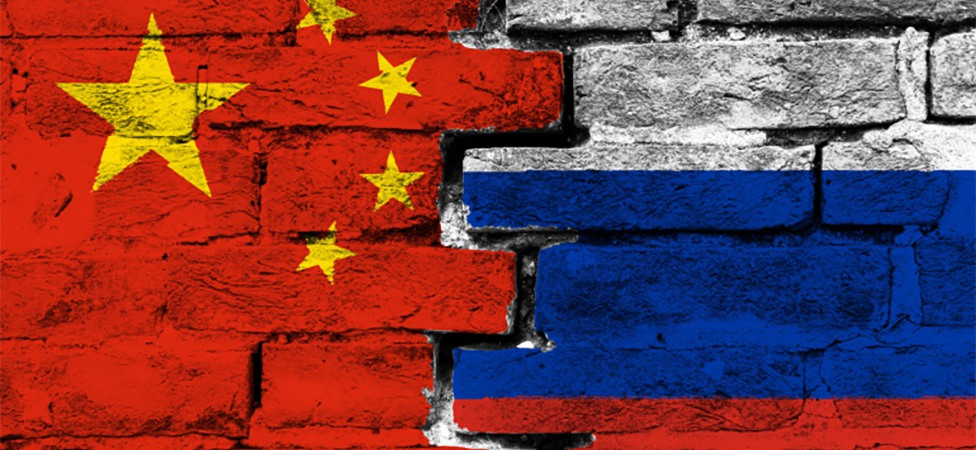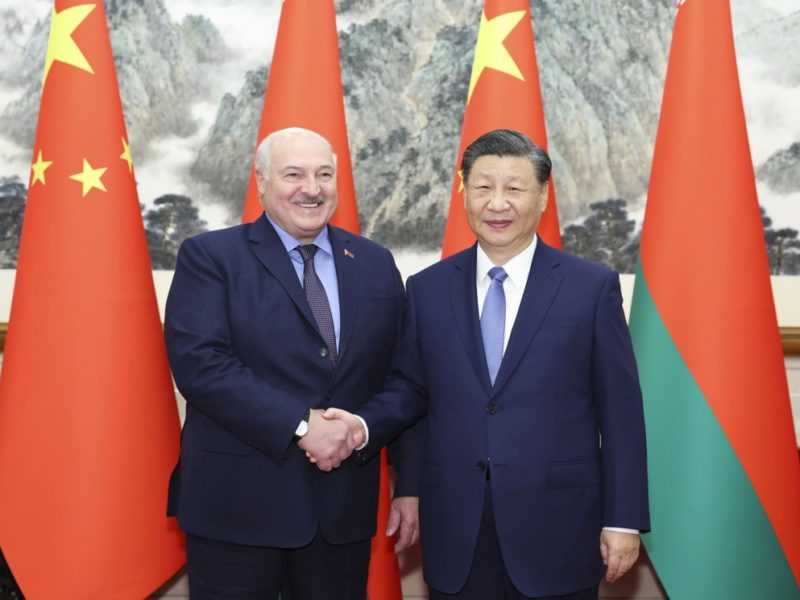Since Joe Biden came to power, relations between the US and China have been strained. Unlike Trump, the Biden administration directly opposed China’s policies in relation to Taiwan, human rights abuses, and economic and technological spheres. On November 14, Joe Biden met Xi Jinping face-to-face in Bali, Indonesia, on the sidelines of the G20 Summit. It was the first time since his presidency that the US president met with his Chinese colleague in person after numerous video and written correspondence. The meeting lasted for 3.5 hours and, as publicly announced, touched upon the following issues: US-China strategic competition, the Taiwan issue, the Russian-Ukrainian war, North Korea’s missile tests, and further grounds for improving relations in various areas, comprising technology, trade, climate change, and so on. A delegation of nine government members accompanied each side: while Biden showed up with senior officials including Antony Blinken, Janet Yellen, Jake Sullivan, Kurt Campbell, Daniel Kritenbrink, and members of the National Security Council, Xi Jinping brought all his trustees, who were promoted during his reelection for the third term a few weeks ago. For more information about the high-level officials traveling with Xi Jinping, see the previous blog “Inside the 20th national congress of the Chinese Communist party: What to expect”.
While shaking hands with his American counterpart, Xi Jinping did not seem very enthusiastic and avoided eye contact, which clearly manifests tense relations between the two states. Both parties realized that it was impossible to work everything out in one meeting; therefore, they agreed to frequent discussions. According to the white house readout, to keep the communication and talks dynamic and systematic between Washington and Beijing, the US president will send the US Secretary of State Antony Blinken to China for the first time without specifying the exact dates of the trip. Moreover, Biden mentioned the possibility that National Security Adviser Jake Sullivan and Defence Secretary Lloyd Austin will participate in negotiations with their Chinese colleagues as well. Since the meeting, the US president has been very convinced that no new cold war threatens humanity, as specifically outlined during his press conference.
The talks about Taiwan had a major significance due to the deteriorated US-China peace dialogue after Nancy Pelosi visited Taipei in August 2022. The two states even threatened one another with military interference. Beijing initiated arms mobilization while frequently violating Taiwan’s airspace and pressuring its economy. During the meeting, Biden assured that the official position of the US government has not changed, it seeks “peace and stability”, though it is ready to intervene conventionally in case the PRC invades Taiwan. Nonetheless, the president highlighted that such an occasion is unlikely to happen in the nearest future despite the warnings coming from US officials about Beijing’s plans to seize Taiwan several weeks prior to the Xi-Biden meeting. On the contrary, Xi Jinping called Taiwan the PRC’s core interest and the “first red line”, once again pinpointing that no such thing as “Taiwan Independence” exists within the policy of maintaining peace and stability across the Taiwan Strait and it is directly related to state’s internal affairs. Therefore, the contradictory statements of the leaders of the two countries do not prevent us from losing grip over further escalation. Indeed, both parties agreed on maintaining peace and stability in Taiwan; however, none have specified how to ensure these incentives.
More common grounds were found during the discussion of the Russian-Ukrainian war. Both presidents agreed that nuclear war should never happen and condemned the threat of using nuclear weapons in Ukraine. They also decided to continue talks and avoid further confrontation. In this respect, President Biden also stressed the constant provocations from DPRK concerning its continuous pursuit of nuclear weapons development and urged the PRC to try to talk with North Korean leaders regarding acting more responsibly.
Even though both parties clarified that there would be no joint statement after the meeting, certain tendencies have still been identified and left nobody wondering that the US-China struggle for power and world domination will continue. Nevertheless, both parties prefer to call it a competition rather than a conflict. As stated by Joe Biden,
“The United States will continue to compete vigorously with the PRC, including by investing in sources of strength at home and aligning efforts with allies and partners around the world”.
Despite certain confrontations, Xi Jinping seeks to stabilize the situation in the international arena after the turbulent year of his reelection. According to his statement,
“It should not be like you win and I lose, and I survive and you die…Both sides should view each other’s domestic and foreign policies and strategic intentions correctly and establish the tone of dialogue exchanges rather than confrontation.”
Both leaders intend to ease the tension between their respective states by foreseeing coexistence in competition.

Ani Kintsurashvili – Author of the Article, Senior Researcher, Civic IDEA




